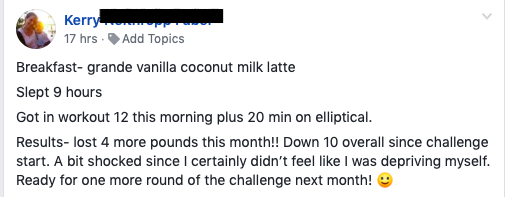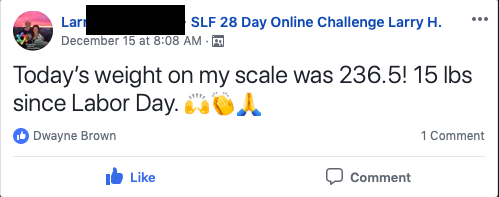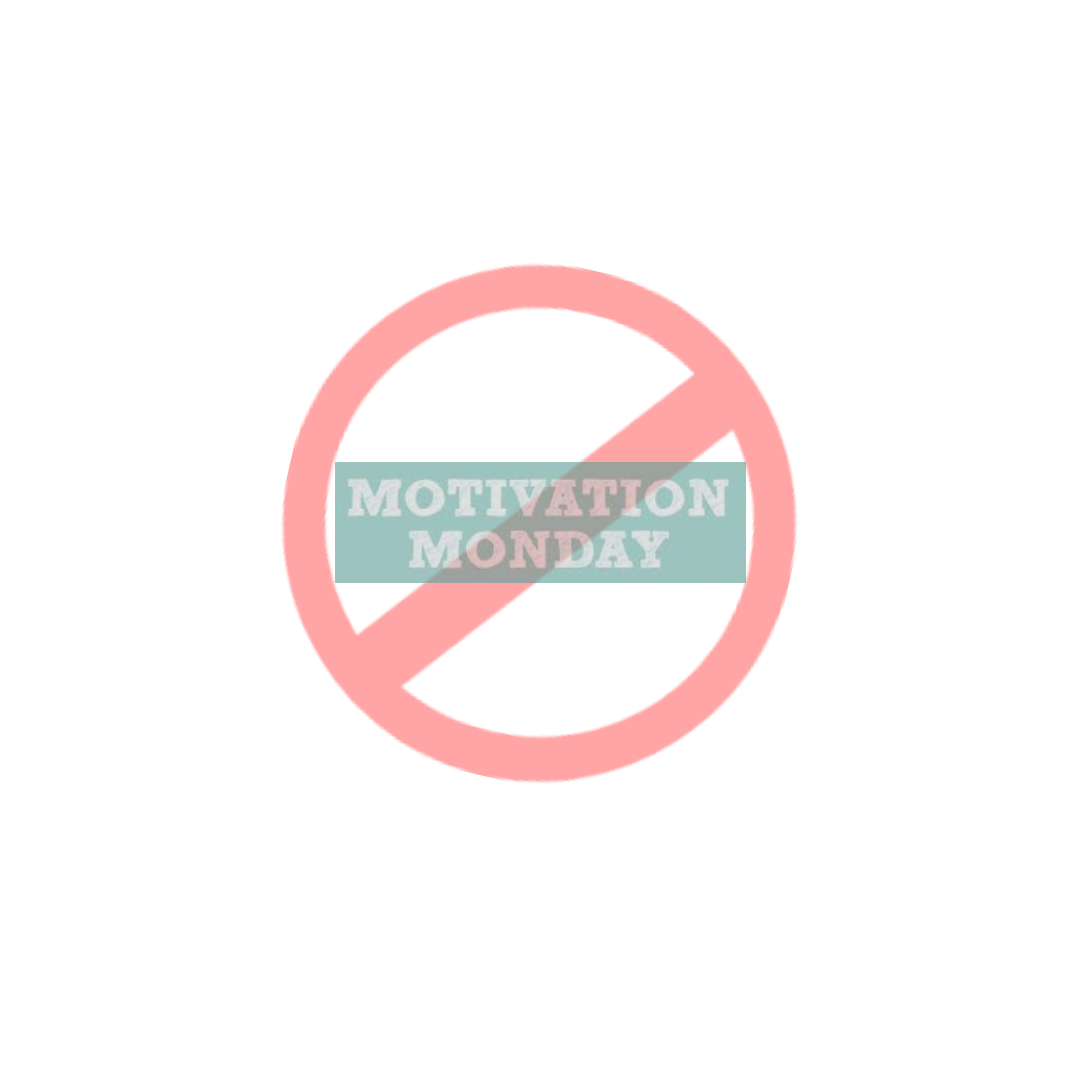It's 8:15am on Christmas Eve. I'm sitting in Starbucks typing this. This is not where I want to be. By now I'm sure my kids are awake and running around the apartment. I'd like to be home keeping the baby away from the tree and attempting to get the oldest to stop running back & forth through the apartment for maybe 5 minutes. Actually on 2nd thought, Starbucks is a lot more peaceful. Just kidding...kind of. So why am I here in Starbucks? I'm here because I'm committed to running/building my business. This means there are days/holidays where I have to sneak out of the house for a few hours to get some work done.
I'm only trying to pat myself on the back a little here. The main reason I'm telling you this is to show what it means to be committed something. There will be times where you'll have to do some things that you don't necessarily want to do. This is important to realize, especially as you're probably thinking about New Year's resolutions.
With that in mind here's a list of questions you can ask yourself to ensure that you have success with your resolutions. These questions will help you map out when the uncomfortable times are going to show up. This will allow you to prepare for them to make them as comfortable as possible.
- Why?- why is this resolution important to you? Answer that. Now why is that answer important? Repeat this process 3 more times. This should get you to down to your most base motivation. This is what you'll come back to when things get tough.
- What?- what do you have to do to be successful? Physically what do you have to do? Mentally what do you have to do (this might be more important)?
- Who?- who do you need to help you be successful? Do you need to hire a coach or someone else?
- Who?- who do you need to clear this with? Not that you need permission but you have to realize when you change your life it will affect the people who are closest to you. So you need to speak to with your significant other and family members and close friends to get their support.
- Where?- can you do this at home? Do you have to go somewhere? If so how are you going to get there?
- When?- when are you going to do it? Is it always going to be the same time or will it have to change weekly or daily? If it does have to change, have you scheduled in all the changes?
As you can see most of these questions lead to other questions. The thing is the more of these questions you can answer ahead of time the higher the likelihood of success. Answering these questions is like having GPS for a road trip. Good GPS will help avoid traffic slow downs and roadblocks. So take time to ask and answer these questions.
Ok I have to get back home with the kiddos and continue in the Christmas fun. Have a very merry Christmas and enjoy the time with friends and family.



 If you spend any time on any social media platform on any Monday then you'll #motivationmonday posts. They are usually quotes or pictures of people/animals doing extraordinary things. Their goal is to give you the extra push you need to get out there and get shit done. They are dumb.
If you spend any time on any social media platform on any Monday then you'll #motivationmonday posts. They are usually quotes or pictures of people/animals doing extraordinary things. Their goal is to give you the extra push you need to get out there and get shit done. They are dumb.


